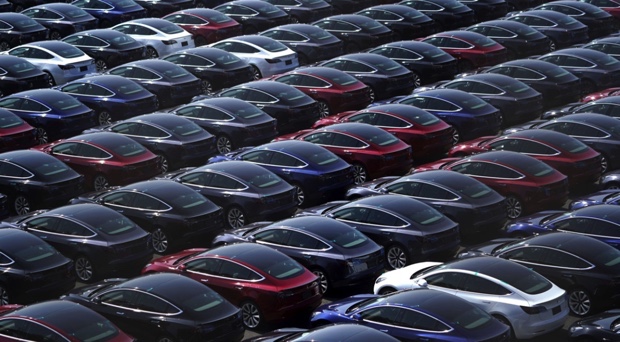Cars have provided transportation and joy for more than a century. Their roaring engines, numerous styles and amazing possibilities under the hood have preoccupied the minds of car enthusiasts for decades.
Now, cars are progressively giving us something more: the destruction of the environment and eventually, human kind. This startling reality combined with a heightened demand for electric vehicles has led car companies to eagerly push for electric vehicle lineups. Although this development is good and necessary, it is slowly ending car culture.
Car culture exists because of the uniqueness of cars, their designs and their engines. People have long depended on cars for personal expression and a sense of freedom. Over-time, many sub-cultures have developed in the large landscape of cars. The iconic Mk4 Supra, the r32 GTR and the Honda NSX all contributed to the development of the JDM (Japanese Domestic Market) car class, a culture where engine modifications, forced induction and unique design are paramount.
The iconic mustangs, chargers and camaros all gave credibility to the title of American Muscle-Cars, a culture that is dominated by large naturally aspirated engines. Sadly, these remarkable marvels of engineering will not be able to be enjoyed by future generations.
While new electric vehicles may not completely lack sophisticated and new designs, they fall short in uniqueness. All electric vehicles contain some variation of electric motors. While some may be more powerful or large, they are ultimately the same. The dull and repetitive engines prevent any sort of modifications, something that is highly-valued in car culture as it allows for further uniqueness and expression under the hood.
Limited variety in electric car engines results in a lack of an exhaust tone. While an exhaust sound may seem irrelevant to many, it provides an intangible sense of authenticity to many car enthusiasts. Senior Drake Hanson, an avid car enthusiast, shared his opinion. “Engineers have spent decades crafting the perfect engine and sound, just for their work to be thrown out the window. ICE’s (Internal Combustion Engine) are tasteful and enjoyable, whereas the electric motors provide no satisfaction for the driver and occupants,” he stated.
Sadly, the beginning of the end for unique, fun and thrilling cars is rapidly approaching. Many iconic cars such as the Dodge Hellcat, Audi R8 and the R35 GTR are all being discontinued or turned into a monotonous electric alternative. Dodge added insult to injury by introducing an artificial exhaust tone that sounds horrendous.
Though many companies are quickly converting their gasoline lineups, companies such as Ford-Mustang see the value in continuing to produce gasoline engines. Gregg Larson, vice president for Sill-TerHar Motors, a Colorado based dealer interprets the decision. “For the Mustang enthusiasts, the car evokes emotion, and part of that emotion is the smell of fuel and the sound of the traditional V-8 engine,” Larson said.
Coming to terms with this environmentally important development in the automotive industry is difficult for many car enthusiasts. The ending of production of many iconic vehicles is despairing,but the roaring engines will always be revered. For now, car enthusiasts will savor the unique connection between man and machine that may not be available for future generations.









